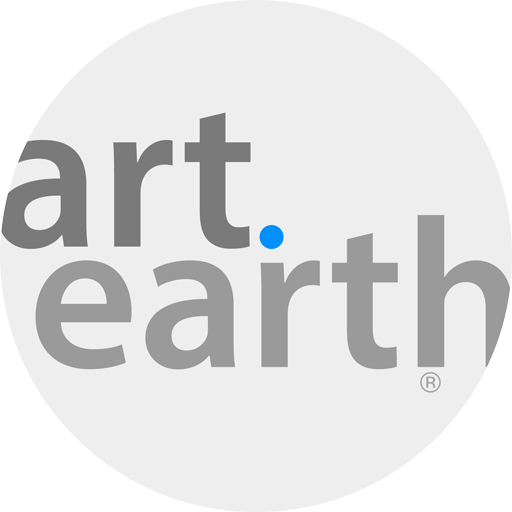R McGlacken: Insights from a Mass Observation Project

Time
(Tuesday) 09:15 - 09:45(GMT+00:00) View in my time
Event Details
Renelle McGlacken: Insights from the Mass Observation Project on life, death, and animal research The fact we’re prepared to harm animals to postpone our own
Event Details
Renelle McGlacken: Insights from the Mass Observation Project on life, death, and animal research
The fact we’re prepared to harm animals to postpone our own passing shows only how unhealthy our attitude to mortality is’: Insights from the Mass Observation Project on life, death, and animal research.
Biomedical research using non-human animals currently plays a crucial role in the scientific advancement of human health. Though animal research is claimed to be necessary for future progress in understanding, preventing, and treating medical conditions and promoting human health, conceptions of how long an average human lifespan should be and what lengths we should travel in order to prolong it are not unanimous. Using qualitative data insights from Wellcome Trust funded work, this presentation will discuss how correspondents of the Mass Observation Project, an archive documenting everyday life in Britain, might unsettle assumptions around the moral worth of extending human lives at the expense of those of other animals.
Speakers for this event
-
Renelle McGlacken
Renelle McGlacken
Renelle McGlacken is a PhD student at the School of Sociology and Social Policy, University of Nottingham. Exploring how publics understand animal research in the UK, this PhD project is part of a Wellcome Trust Collaborative Award bringing together 5 UK universities under the programme 'The Animal Research Nexus: Changing Constitutions of Science, Health and Welfare'. Animal research remains a controversial issue in biomedicine and thus attempts to understand the ways publics relate to the practice are key to facilitating dialogue between scientific communities and 'laypeople'. In exploring the views of publics, this work uses the Mass Observation Project (MOP), an archive which documents ‘everyday life in Britain’. In analysing the writings of MOP correspondents on the topic of animal research, Renelle became interested in how animal research can be seen as a facilitator of care, saving and extending the lives of near and distant others. However, such care is necessarily limited and exclusionary, and, in this case, the lengthening of human lives is often achieved by shortening those of other animals. Hence, moments of ambivalence or resistance towards the struggle against human mortality are important to consider, and perhaps reflect shifting relationships and priorities of care in the Anthropocene.
BT on Facebook
[custom-facebook-feed feed=2]
